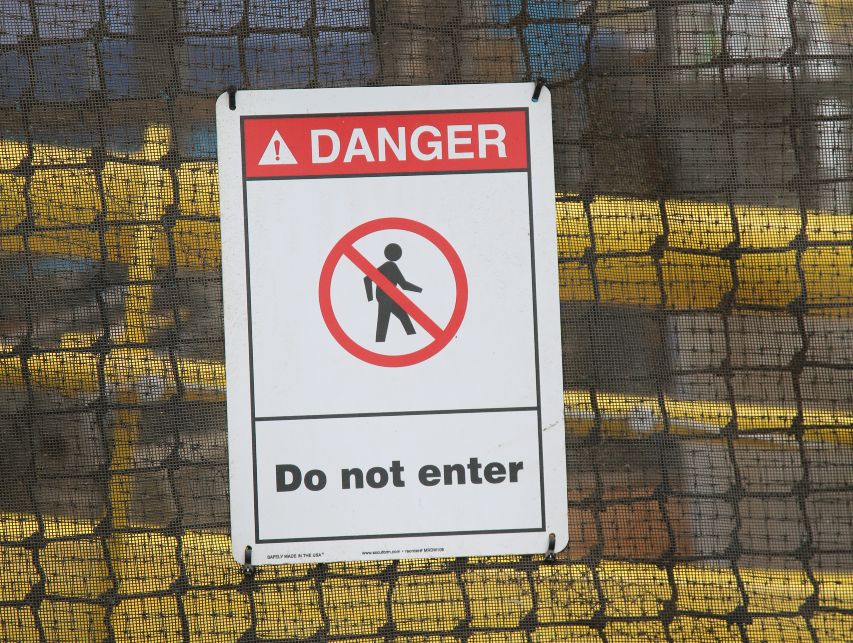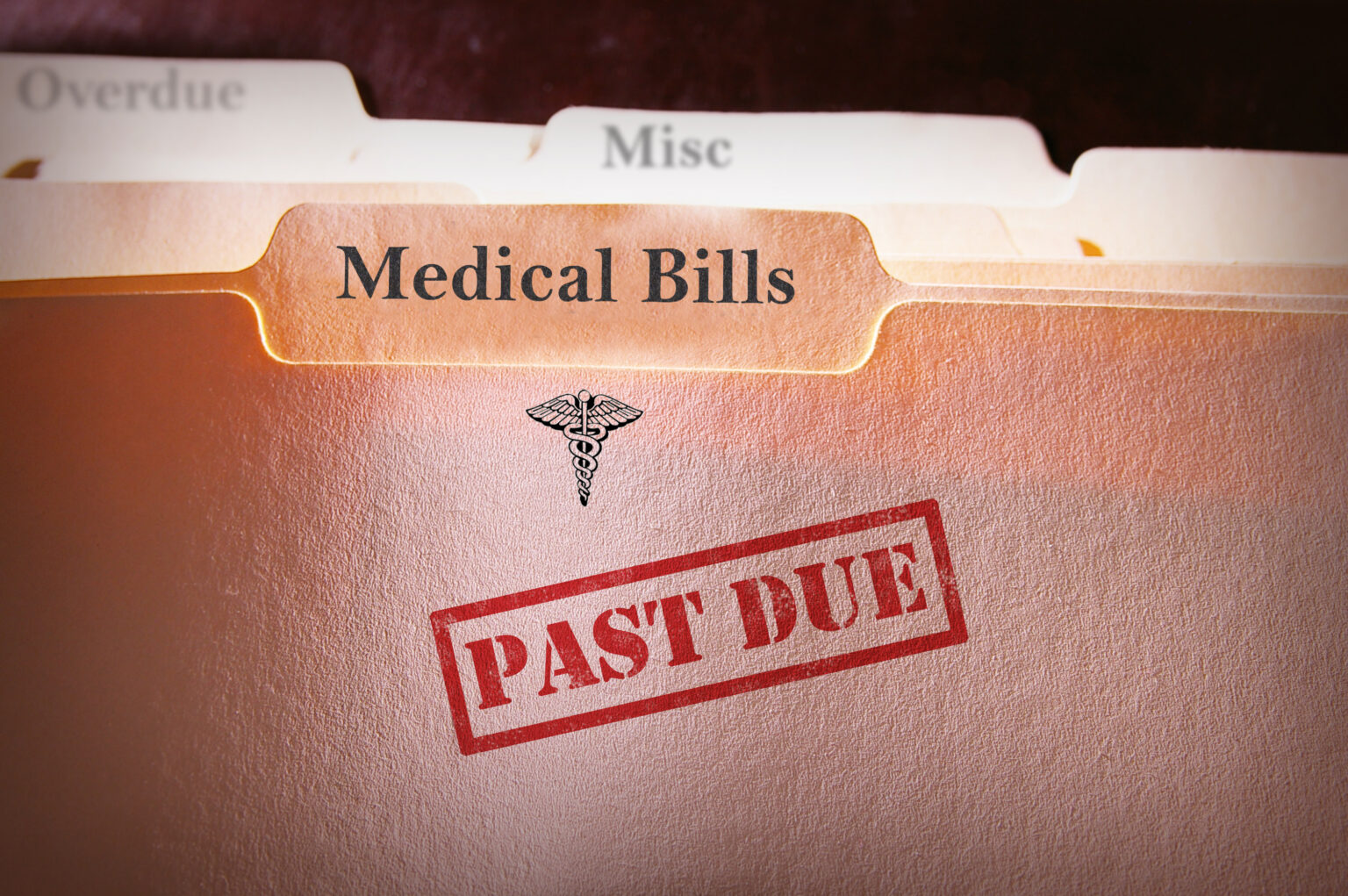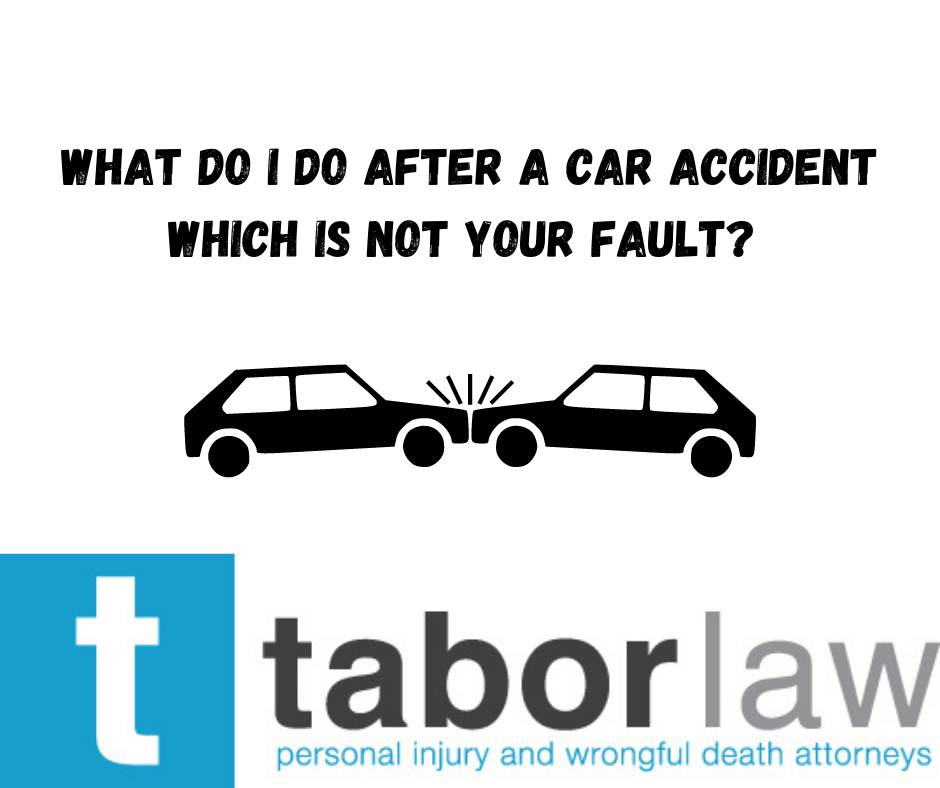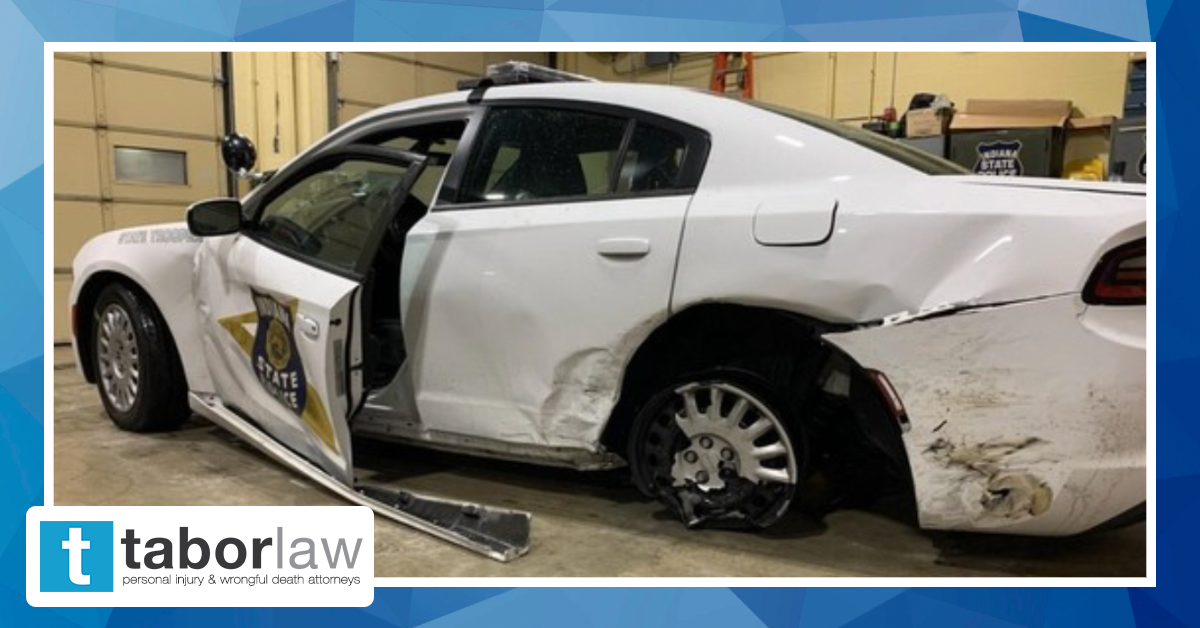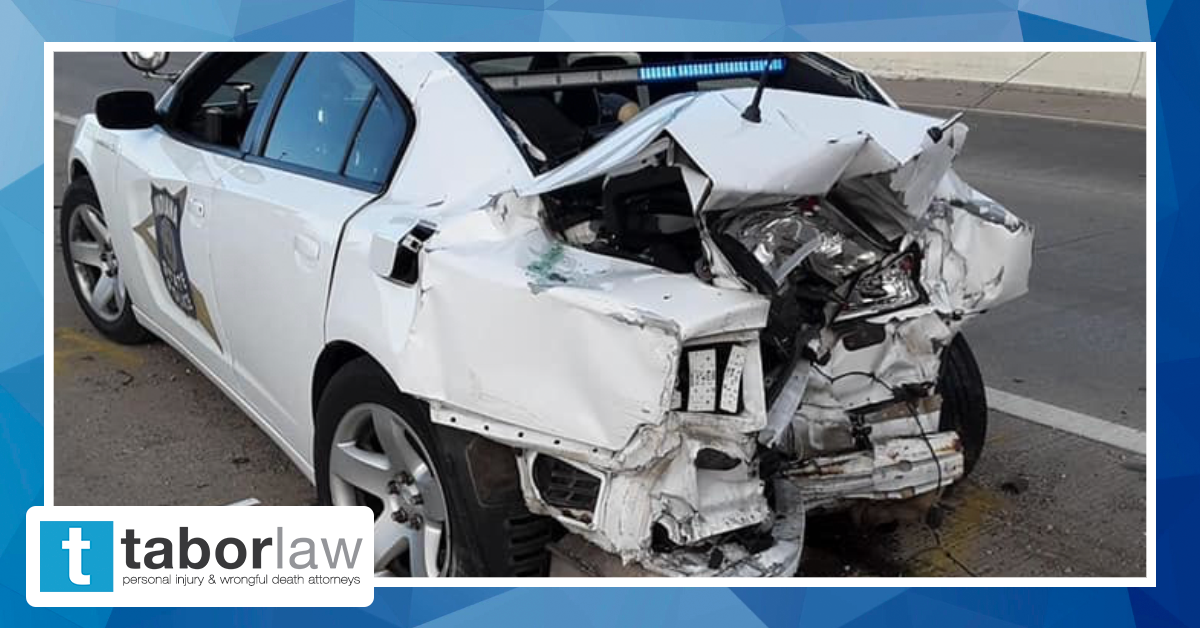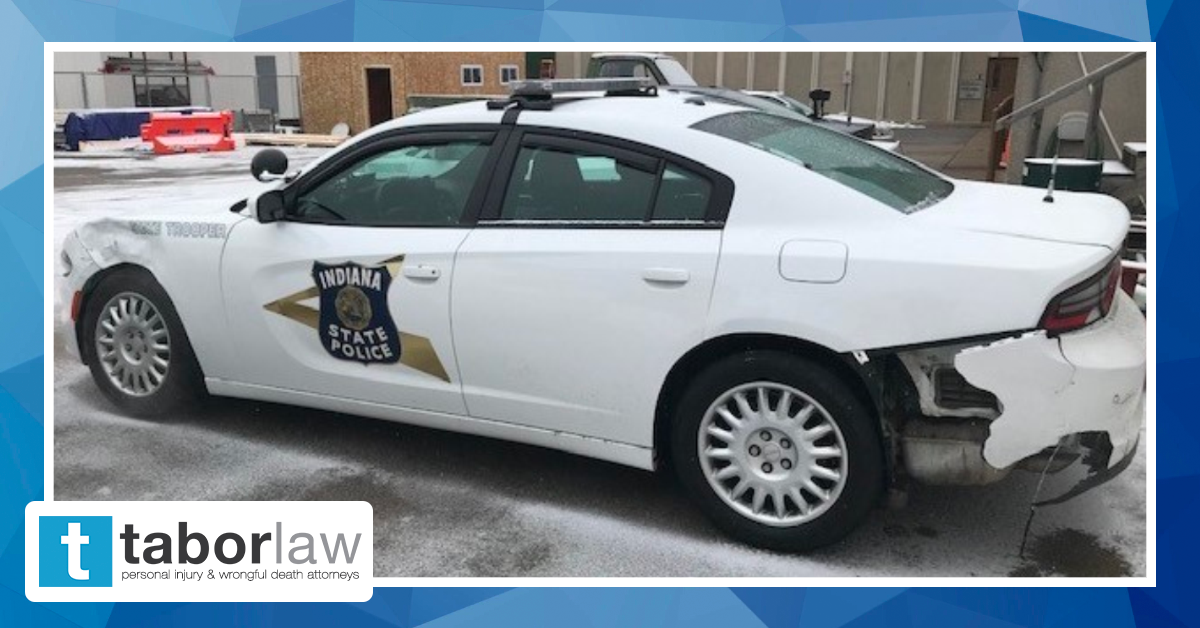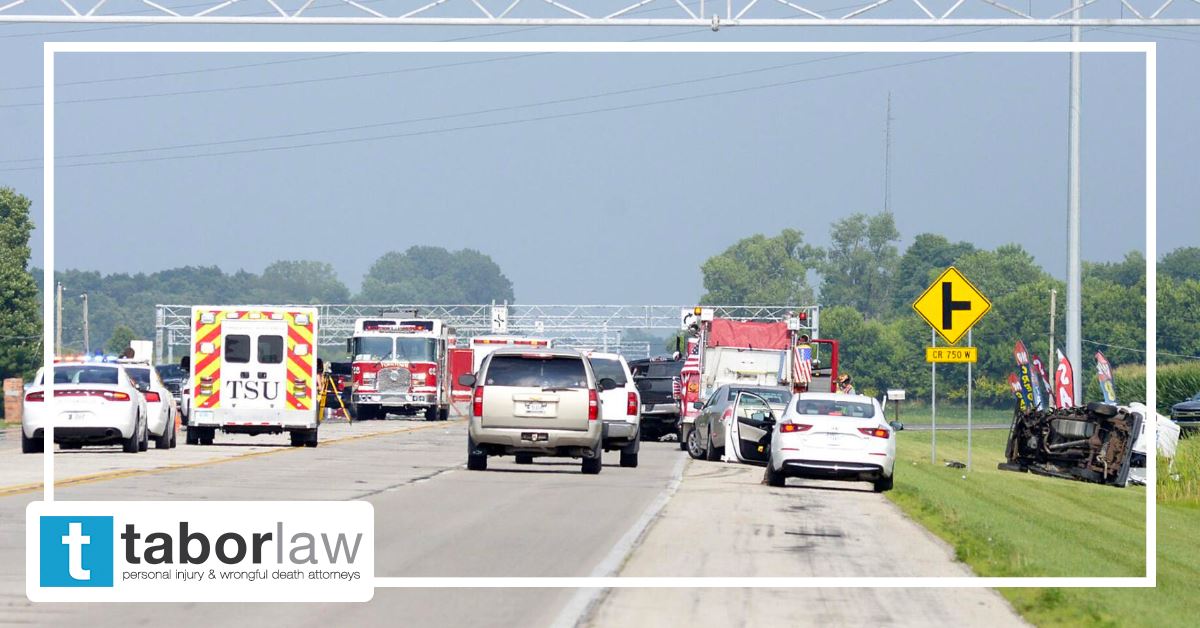Can Patients Sue Hospitals for Medical Malpractice?

Once you realize that your health has been worsened or you have been injured due to medical malpractice, you will probably want to sue someone right away for their negligence. Who are you supposed to name as the liable party in your medical malpractice claim or lawsuit, though? Can patients sue entire hospitals or medical groups based on the mistakes of an individual doctor or another medical practitioner?
The classic liability rule of “respondeat superior” makes employers liable for the mistakes of their employees to a certain extent. This rule applies to hospitals and their employees, too. The negligence of an employed medical professional can flow “upwards” and put the liability on the hospital that employs them. Under this system, injured patients can have a better chance of receiving adequate compensation for their damages because the insurance policies for an entire hospital are usually better than those that cover individual medical practitioners.
However, employer responsibility might not apply to your medical malpractice claim because many doctors, surgeons, and other medical professionals are not technically employed by a hospital. Instead, they are contracted to work there for a set period of time, with certain patients, or depending on other conditions. As an independent contractor, a doctor’s mistakes do not necessarily put any amount of liability on the hospital or clinic out of which they practice regularly. You could be forced to file a claim only against the individual medical practitioner who hurt you or worsened your condition.
Patient Notification is Important
Hospitals should always make an effort to notify a patient about the background of the medical professionals who will be treating them. On hospital admittance forms, there will usually be a general statement that doctors are independent contractors, not employees, for example. This simple step makes it easier to understand what to do if medical malpractice does occur because it establishes liability expectations.
When a patient is not informed clearly about whether or not a doctor is an employee, the hospital can assume liability regardless of that doctor’s employment classification. This situation often comes up in emergency departments, in which medical practitioners must perform treatments on a patient without delay and sometimes while the patient isn’t even conscious. If an ER doctor makes a serious mistake that causes harm and constitutes medical malpractice, the patient would likely have a claim against that doctor and the hospital.
Doctors Unsuited for the Job
Hospitals can also be held financially liable for the harm caused by a doctor who is clearly not suited to be practicing medicine in the establishment. If a doctor has a long history of incompetence yet a hospital still contracts them, then the hospital could become partially liable for that doctor’s mistakes, despite the doctor not being an employee. With this in mind, it is always important to work with a medical malpractice attorney who knows how to get in-depth details about a medical practitioner’s background, history, and education. Otherwise, you could be missing an opportunity to file a claim against the right party, which will hurt your chances of receiving a fair and maximized amount of compensation.
Categories:
Related Blog

Pedestrian Safety in Downtown Indianapolis Has Become a Hot Topic. What Can You Do to Protect Yourself?

Bicycle Accidents are on the Rise in Indiana. What Can You Do to Prevent a Bicycle Accident?

Understanding the Causes of Motorcycle Accidents in Indianapolis: An Analysis of Recent Data

Indianapolis Drunk Driving Accidents and How to Handle them with a Personal Injury Attorney

Two Mothers & Two 12-year-old Daughters Killed in Crash While Headed to Volleyball Tournament

Jefferson County Sheriffs Searching for Hit & Run Driver Who Struck 10-year-old Bicyclist












